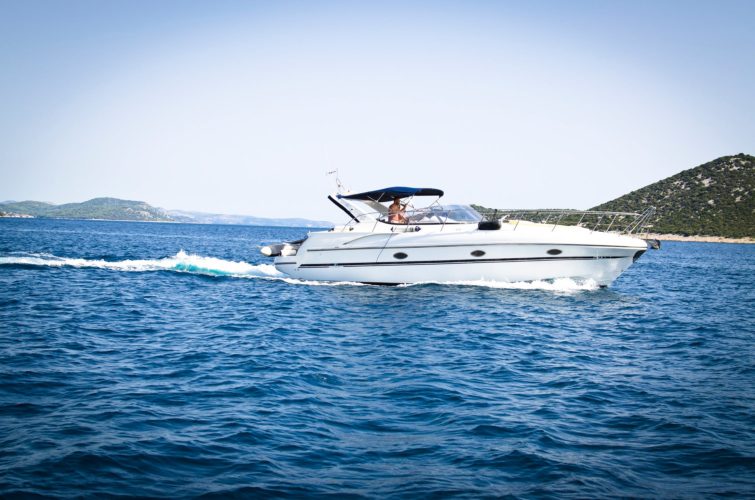Court Denies Insurance Company’s Attempt To Share Obligations With Other Insurer
On July 17, 2016, two people were enjoying a boat ride when the driver of the vessel lost control, crashing into the shoreline, causing injuries to his passenger. The passenger sued the driver of the boat (the “driver”), alleging he was negligent in operating it. She also presented a claim against the boat’s owner (the “owner”).
The owner had a homeowner’s insurance policy through TD General Insurance Company (“TD”), but the driver was not a named insured on the policy. The driver also had a homeowner’s insurance policy, though it was through Intact Insurance Company (“Intact”). TD recognized that it had an obligation to respond to the claims made against the driver, notwithstanding that he was not a named insured on the owner’s policy.
That said, TD argued that both insurance policies should be considered primary policies. If that were to be the case, TD and Intact would be obligated to share equally in their obligations of defence and indemnity. The issue was put before the Ontario Superior Court of Justice.
The positions of the insurance companies
It was TD’s position that both of the policies were primary since they both covered the same risk, which would make them irreconcilable. As a result, neither policy could be considered an umbrella or excess policy. TD argued that in such a situation, both insurers must share defence and indemnity obligations equally.
Meanwhile, Intact pointed out that the TD policy contained a Personal Liability Extension specifically providing coverage for the boat that was involved in the accident. Intact claimed this coverage means the policies do not share equal levels of risk, and that the TD policy should have been considered the primary insurance, and the Intact policy should have been considered excess insurance. It was also Intact’s position that the sharing of obligations amongst insurers does not apply when there is a finding as to the existence of a primary policy and excess policy each covering different levels of risk.
The court’s analysis
The court turned to a 2002 decision from the Supreme Court of Canada (“Family Insurance”), which confirmed that when there are irreconcilable insurance clauses in policies covering the same property or risk, then the insurers should be required to share their obligations.
However, the facts from Family Insurance were not totally similar to those in the present case. In Family Insurance, there were two policies which each declared themselves as excess insurance in situations where another policy was at play. Each insurance company relied on these clauses to shield themselves from primary liability.
The court then turned to the insurance policies in the case before it. The TD, policy, which included coverage specifically for the boat, stated “You and Your is indicated to refer to the insured, which is defined specifically to include ‘any person or organization legally liable for damages caused by a watercraft or animal owned by you and to which this insurance applies.’” The court, after determining the driver was operating the boat with the consent of the owner, did fall under the definition of “you and your”, and as such was covered by the policy.
Meanwhile, the Intact policy provided coverage for the driver for liability for unintentional bodily injury arising out of his personal actions anywhere in the world, including “claims arising out of your use or operation of any type of watercraft.”
In order to reconcile the two policies, the court noted that the TD policy provided coverage specifically for the boat involved in the accident, coverage which came with its own premium. Because of this the court found “the very terms of the TD policy and in return for an additional premium, TD agreed to provide primary insurance coverage for the watercraft in question.” The court denied TD’s attempt to share its obligations with Intact.
Boating can be great fun, and is a pleasurable way to enjoy the outdoors during Ontario’s summer months. Unfortunately, boating does come with some risks, and accidents can happen. Boating accident claims are not the same as motor vehicle claims, with one important distinction being that no-fault benefits are not available to boating accident victims in Ontario. It’s important to reach out to lawyers experienced in boating accident claims if you find yourself injured in a boating accident. The team at Derfel Injury Law have been practicing personal injury law for over a decade and have experience in boating injury claims as well as many other types of accidents. call us online or at 416-847-3580 if you have been injured in a boating accident, or any other type of accident.
